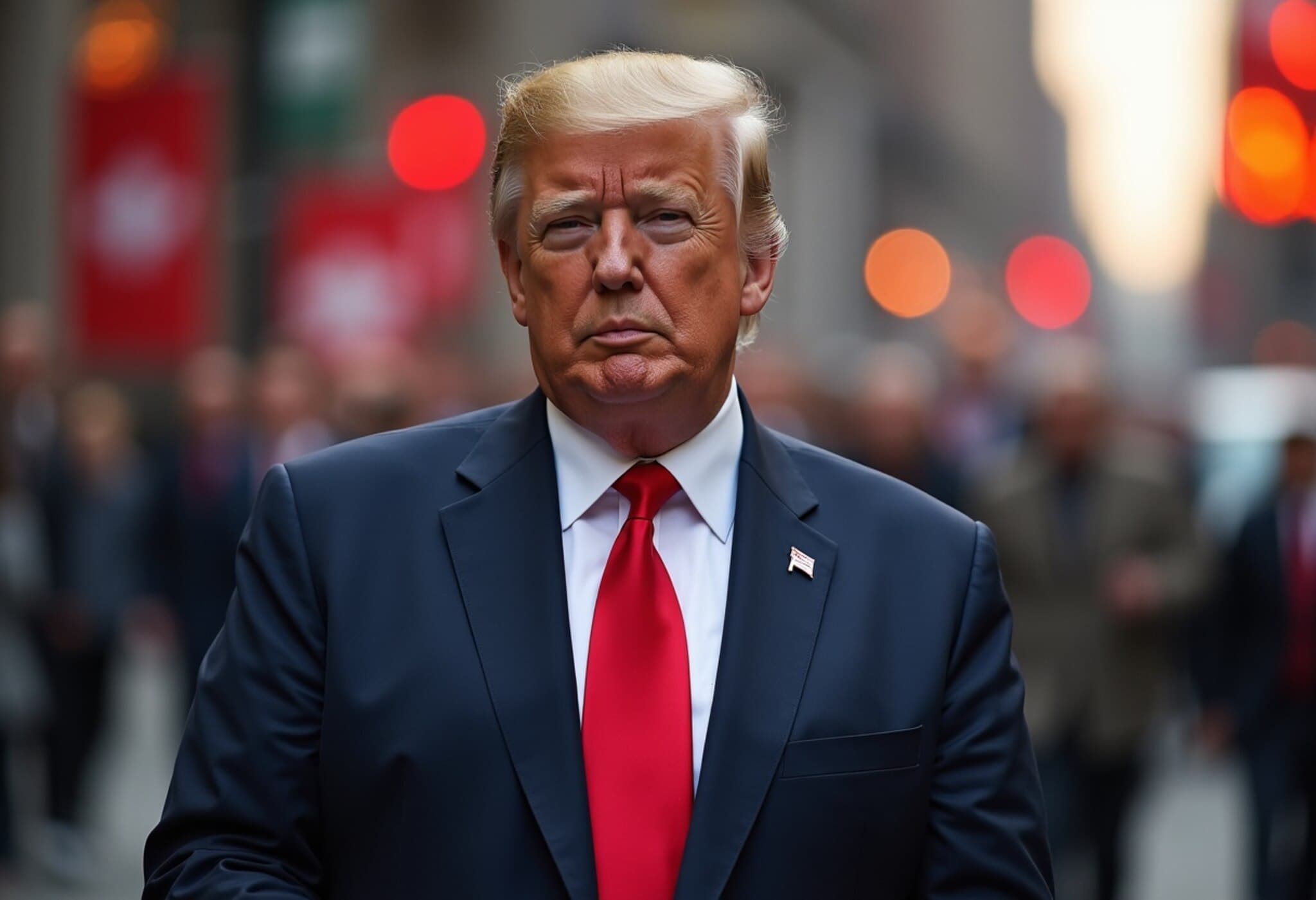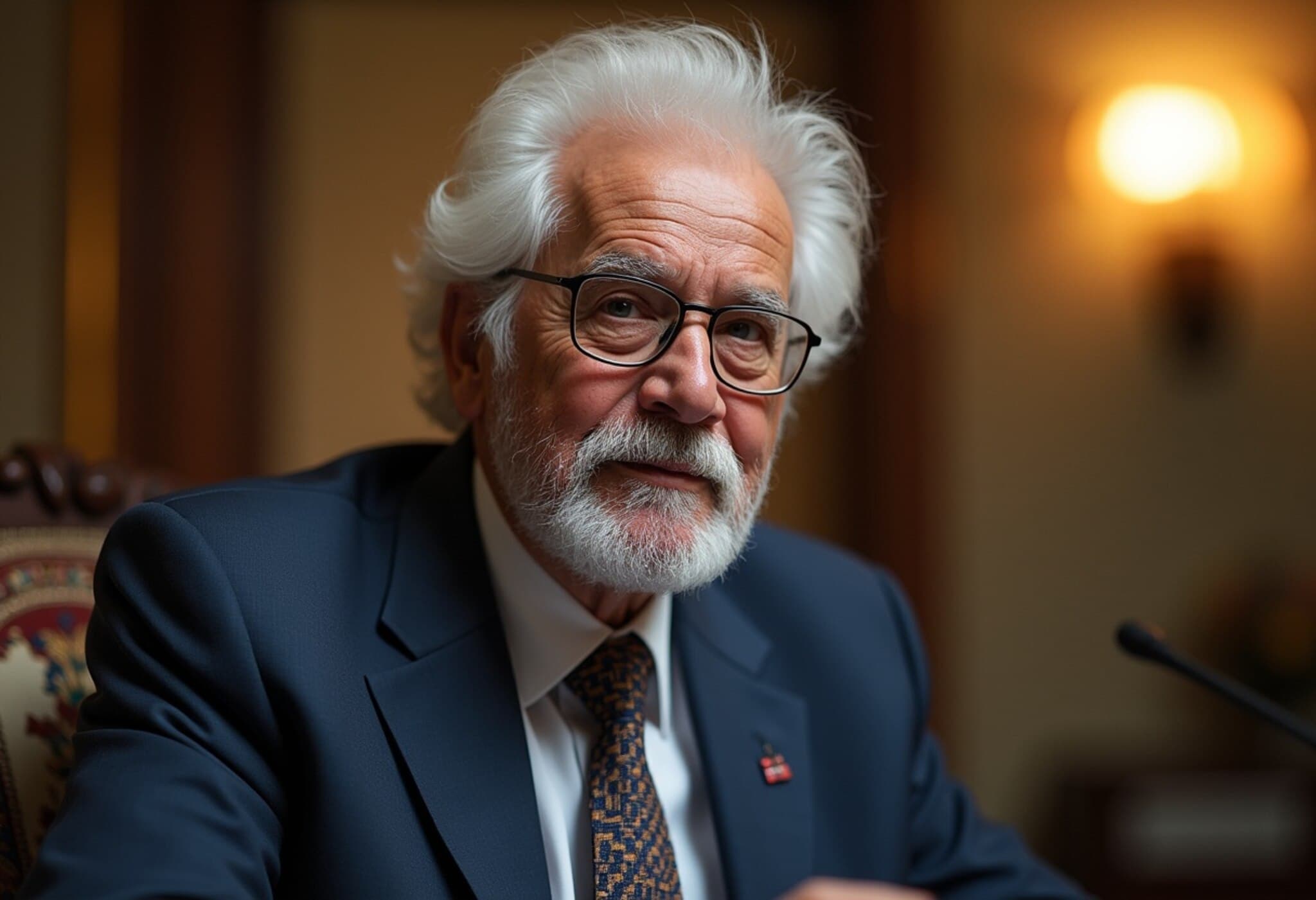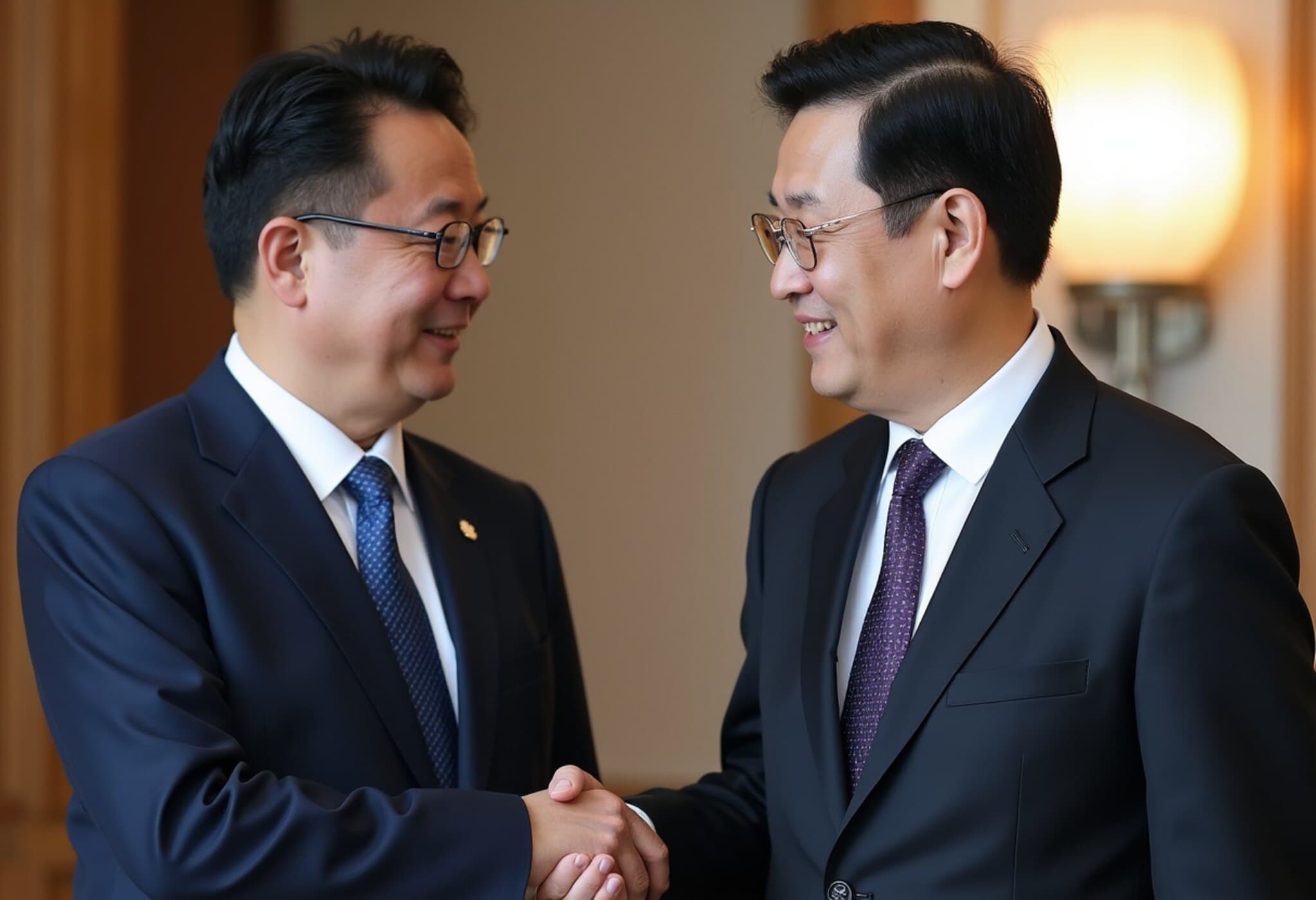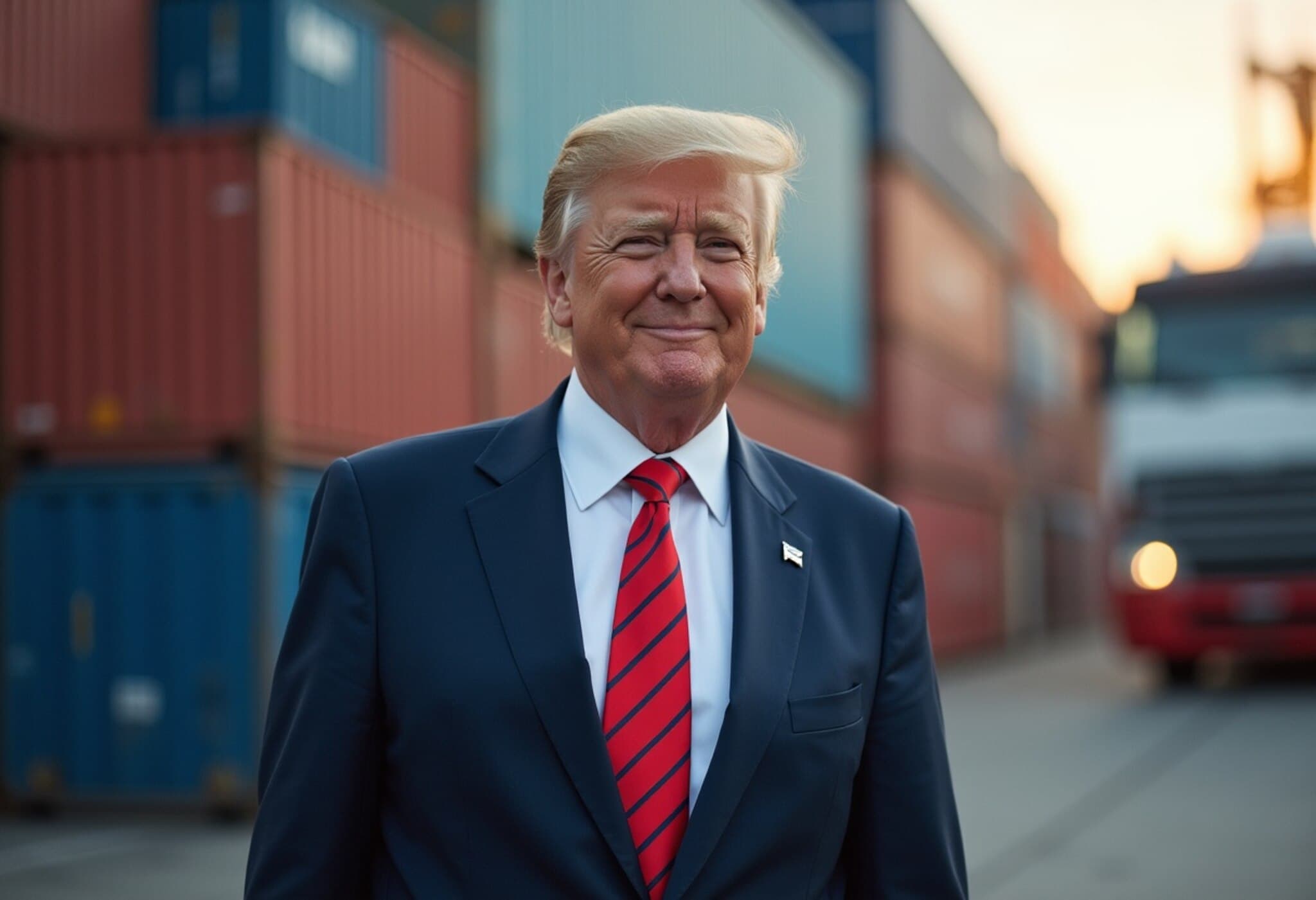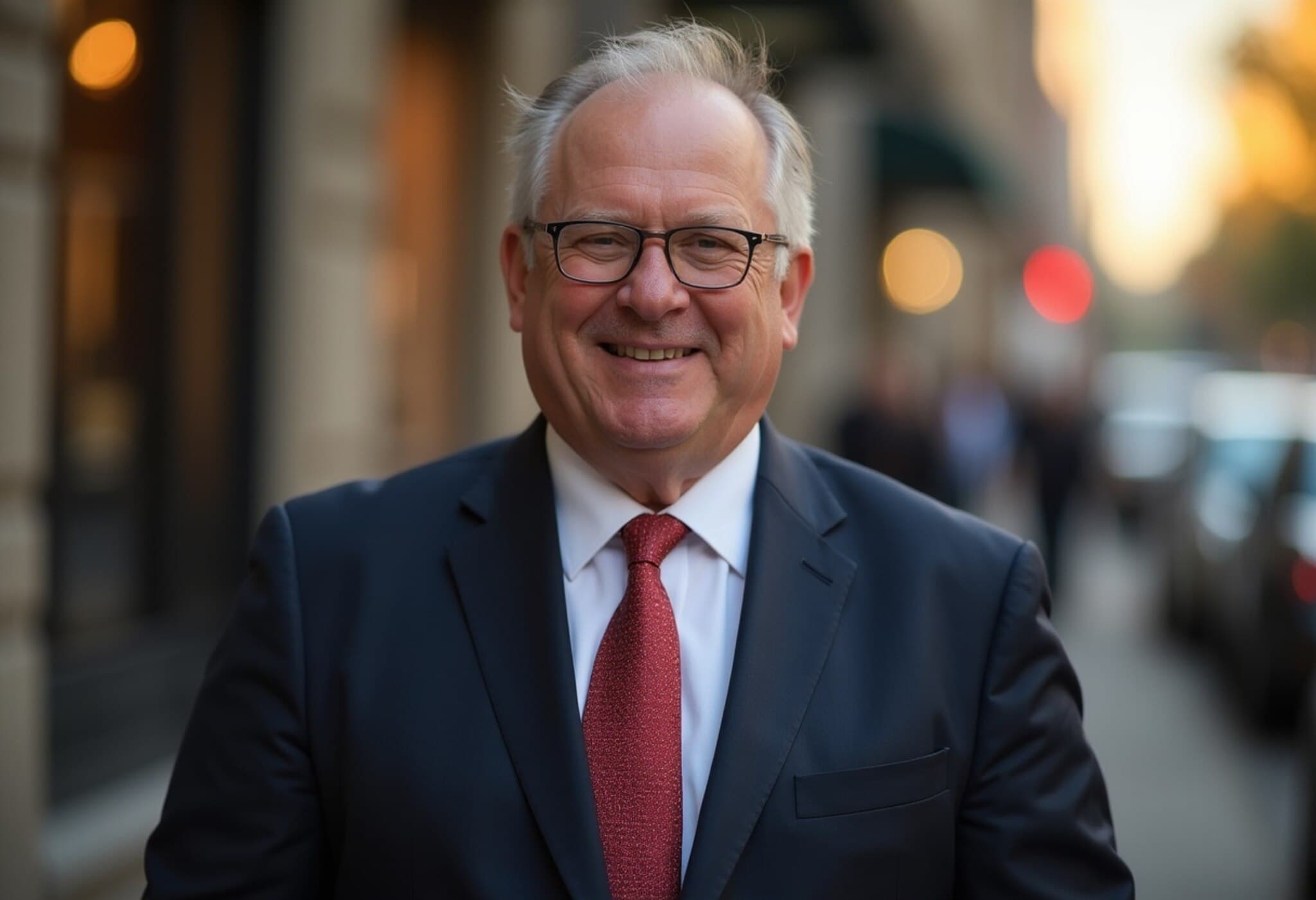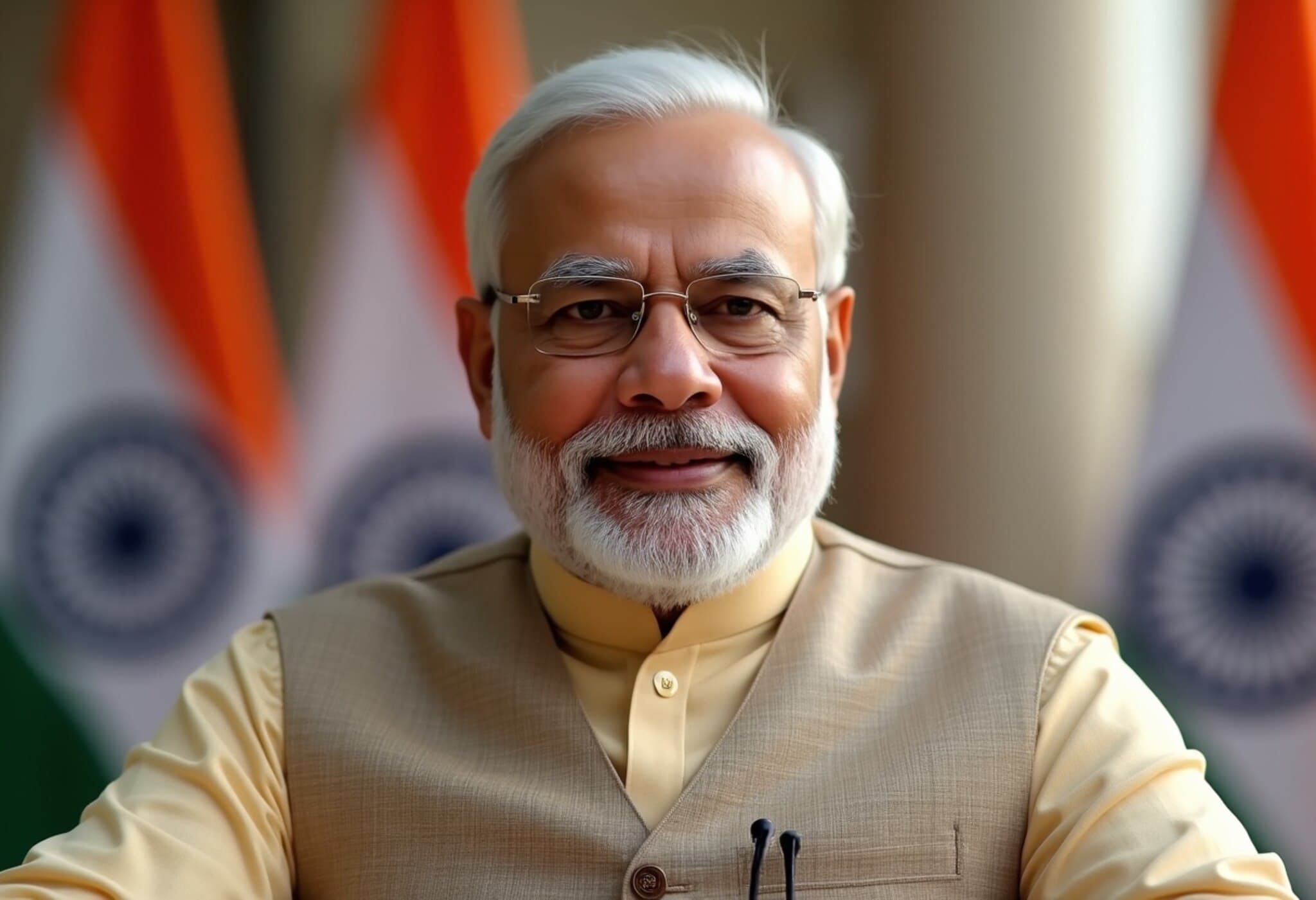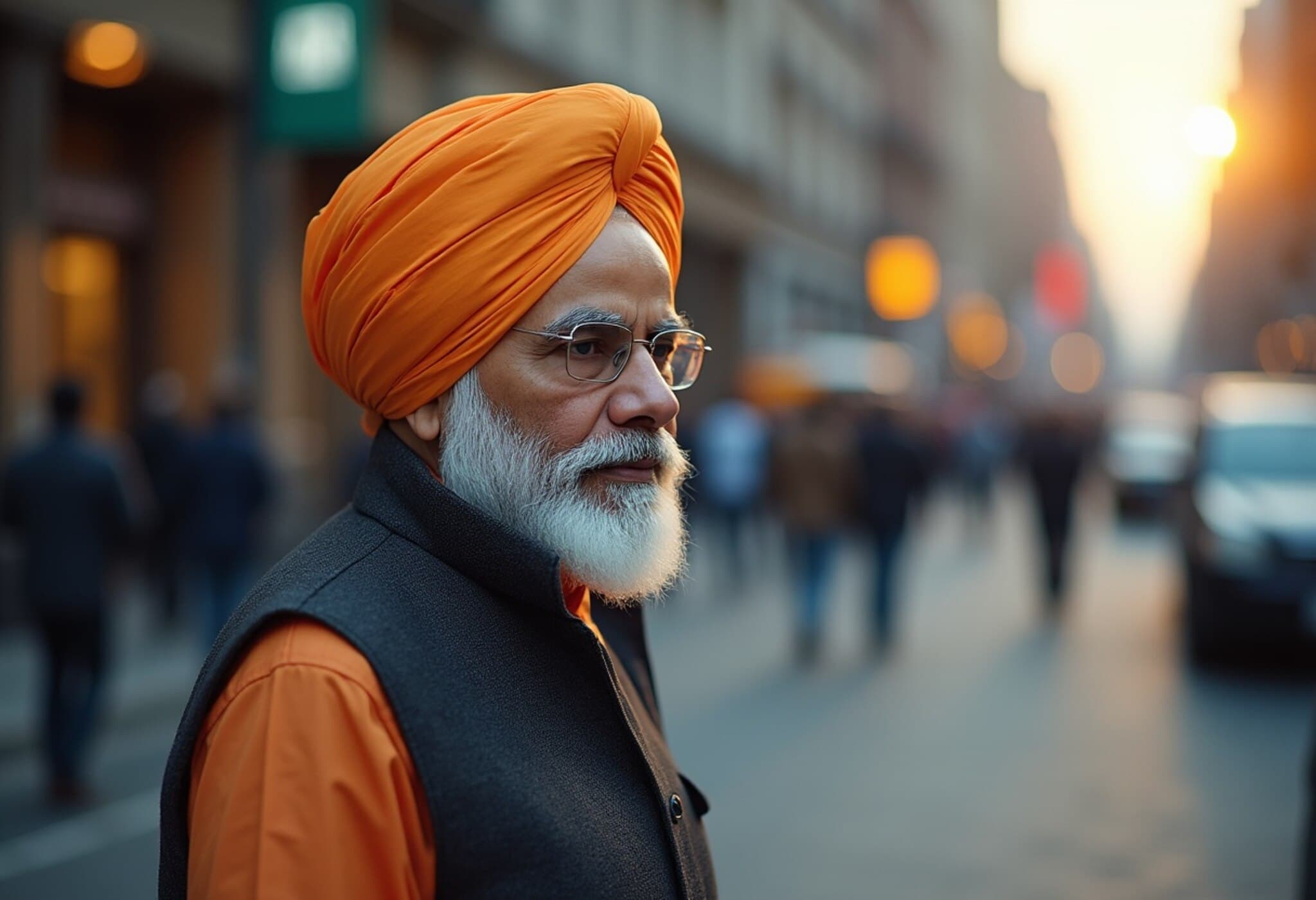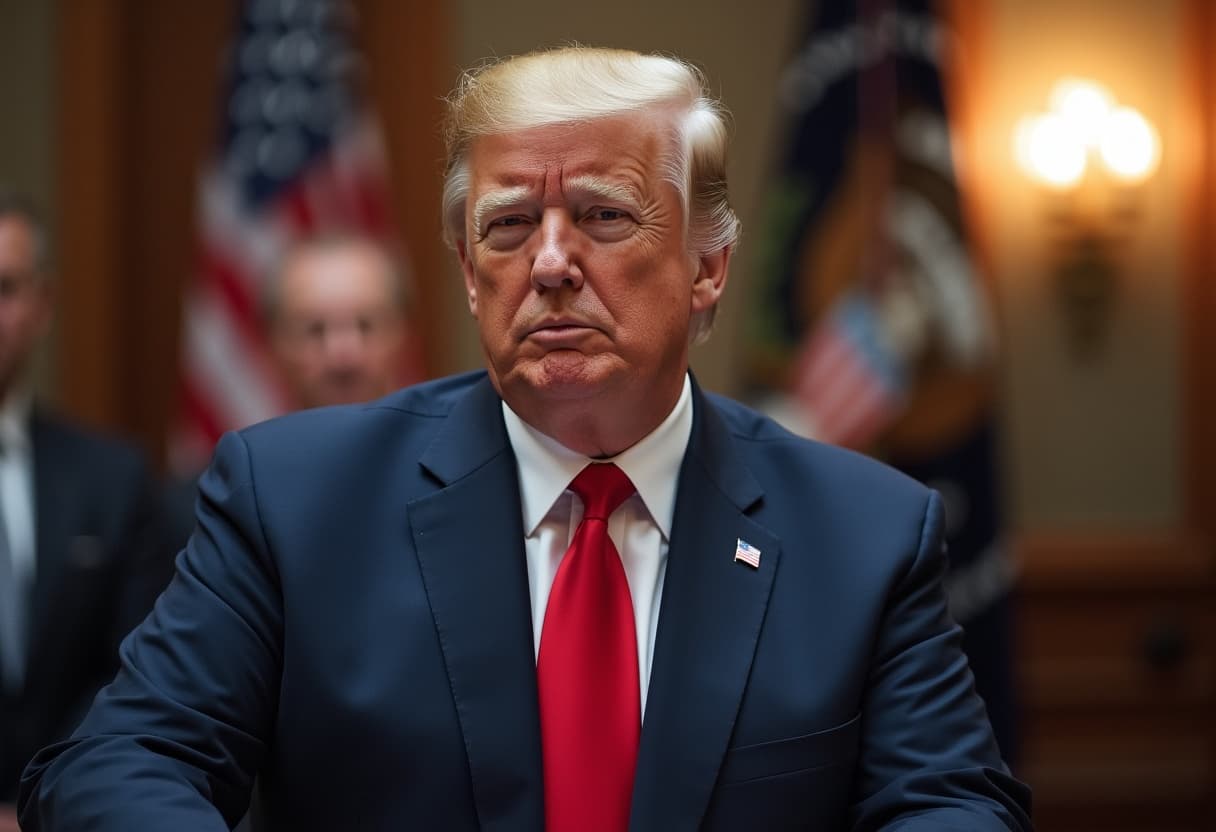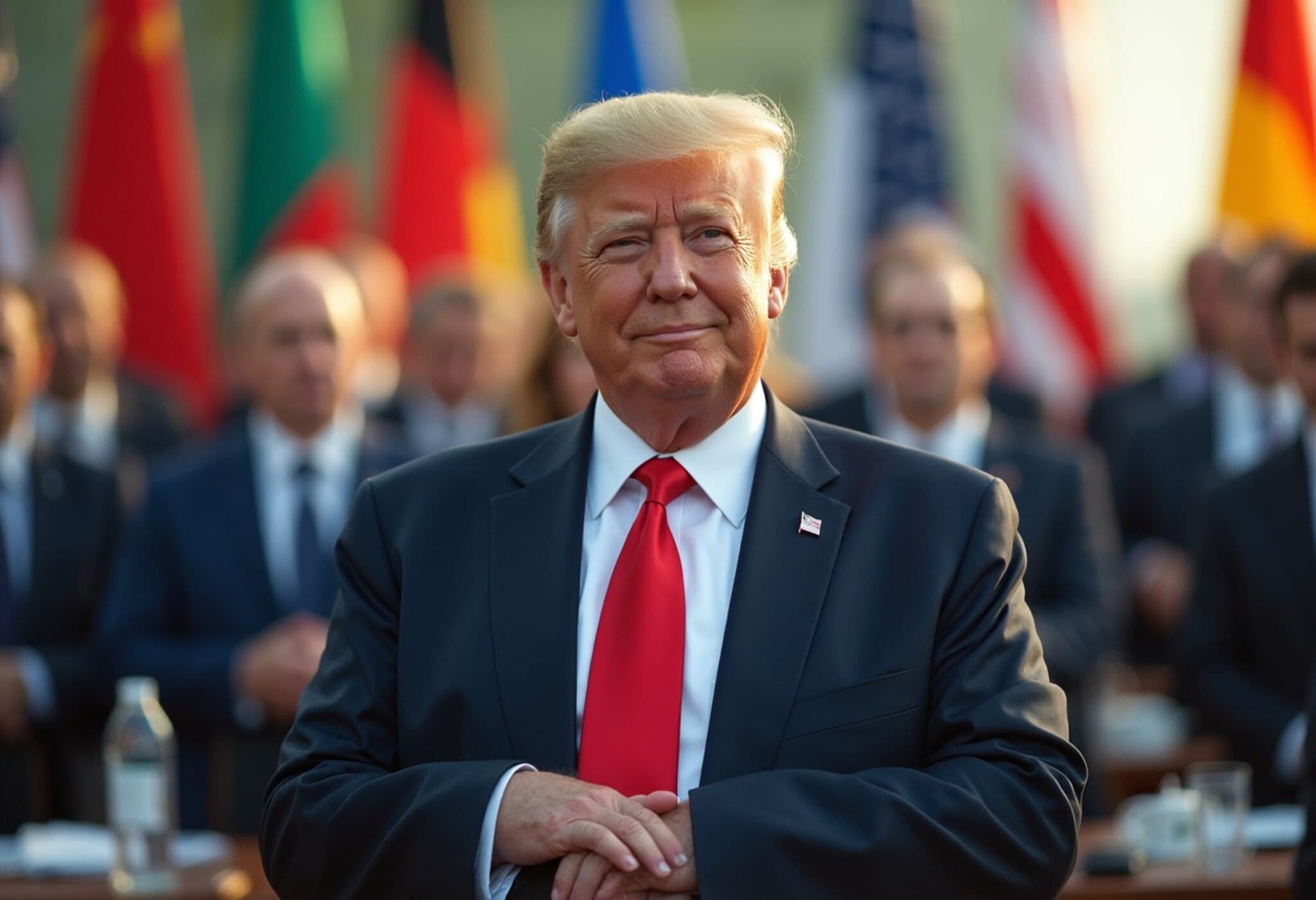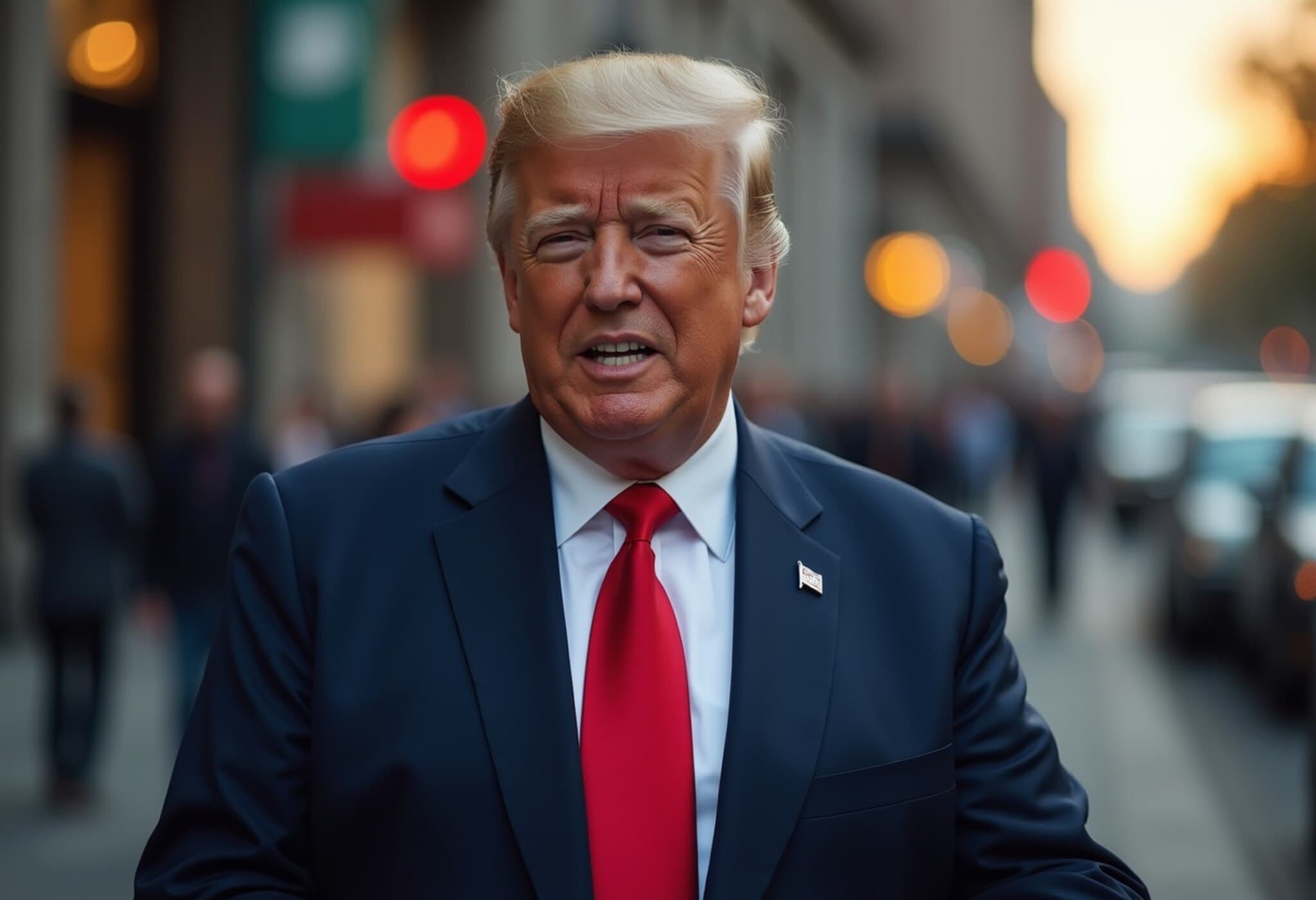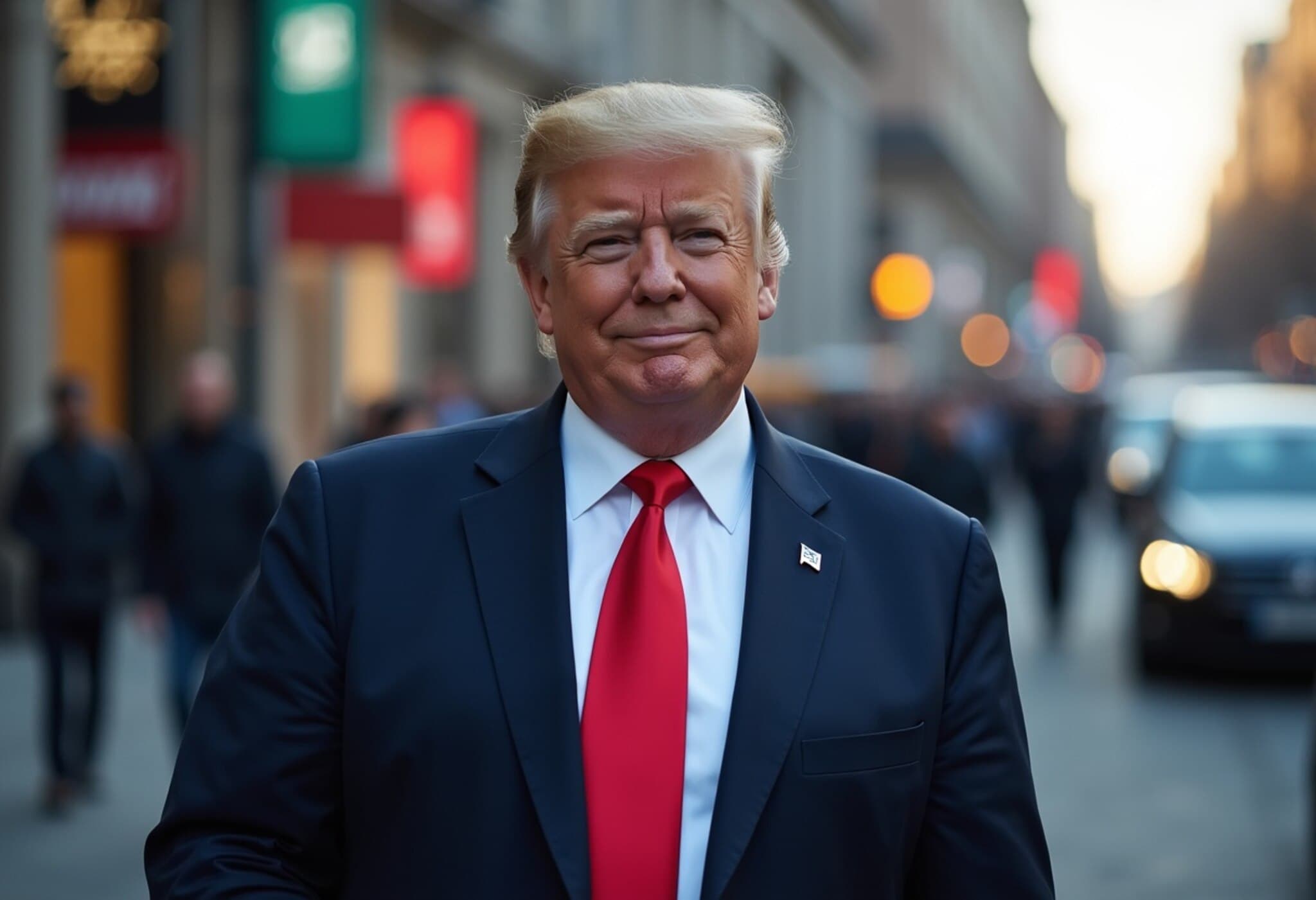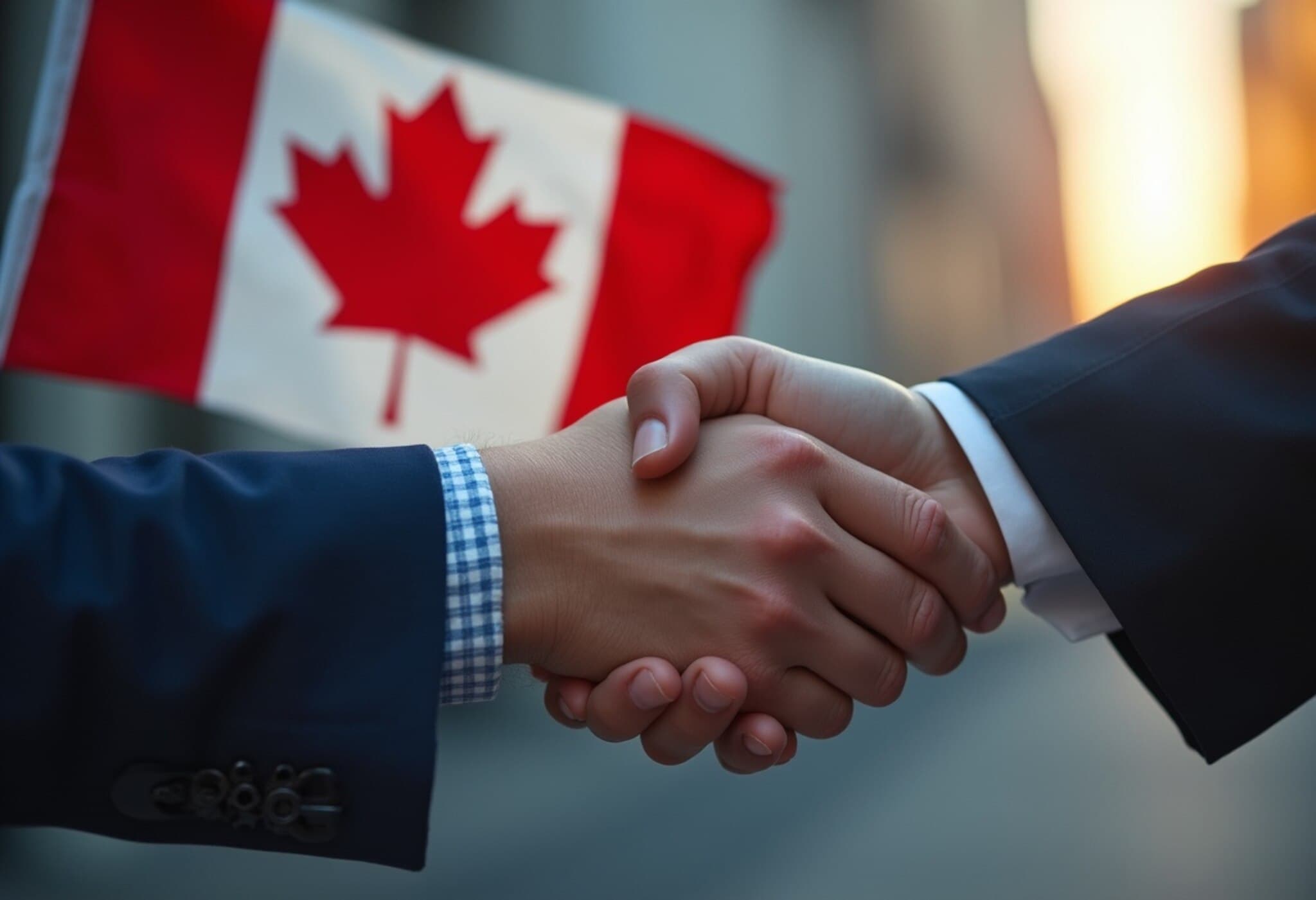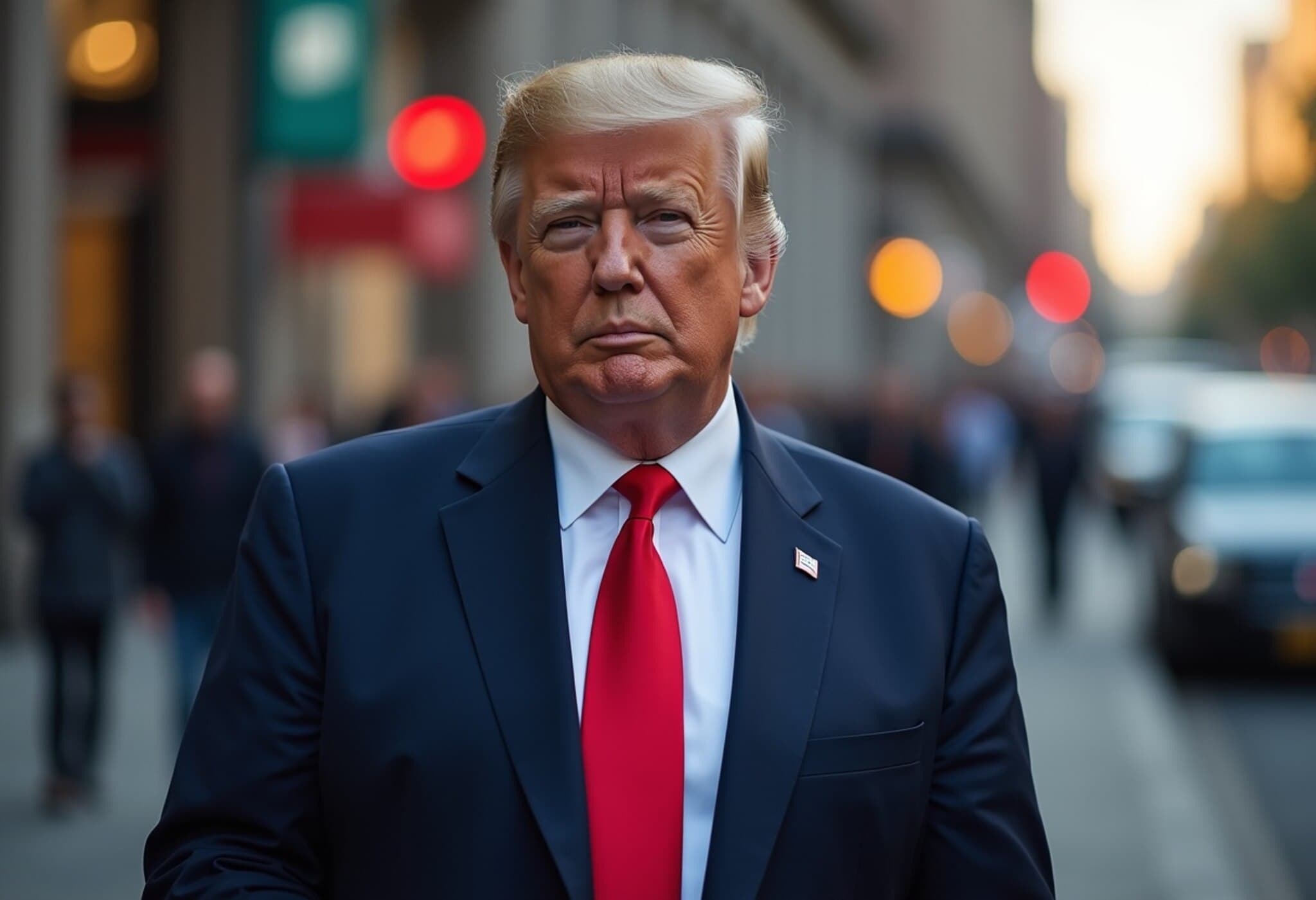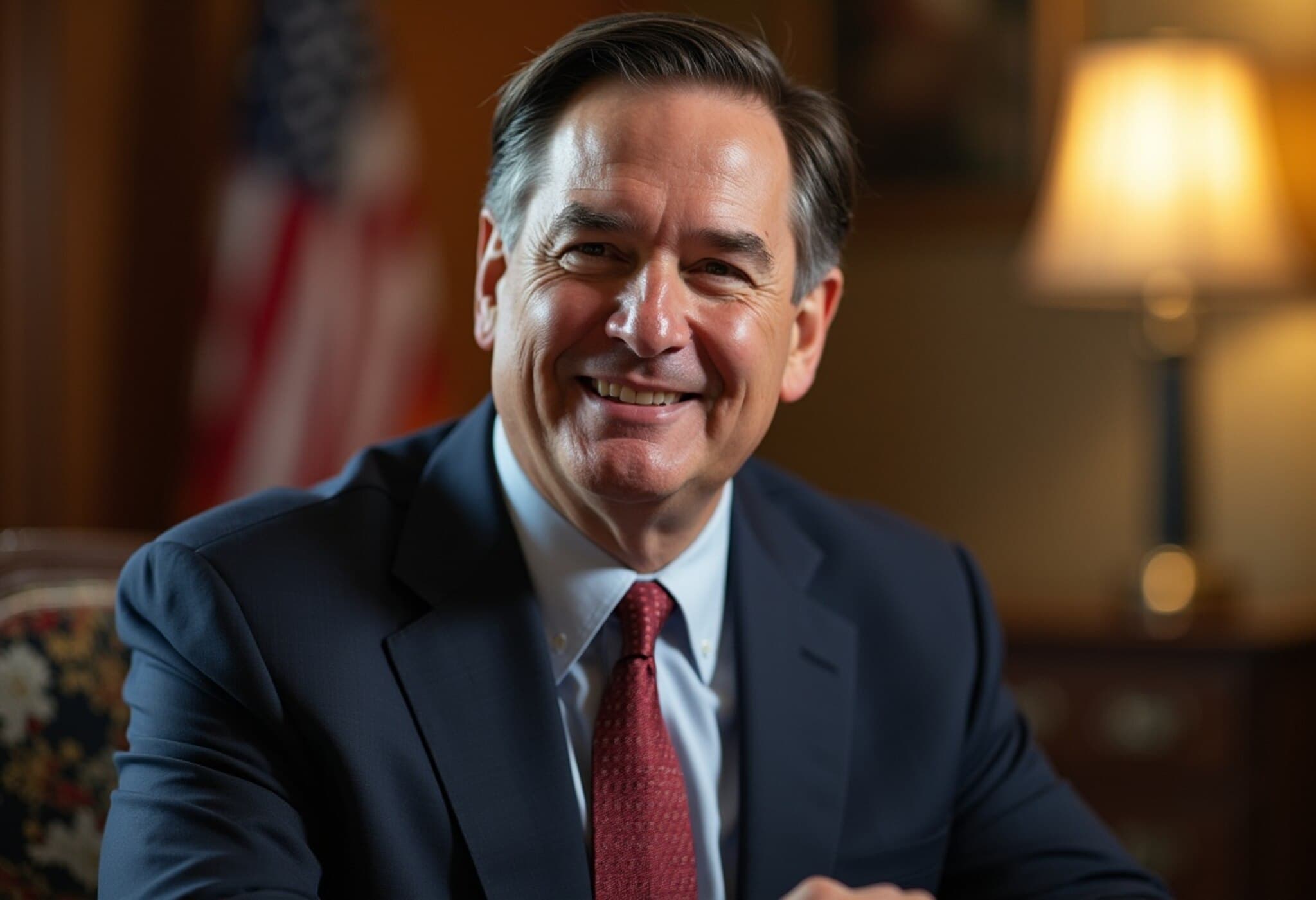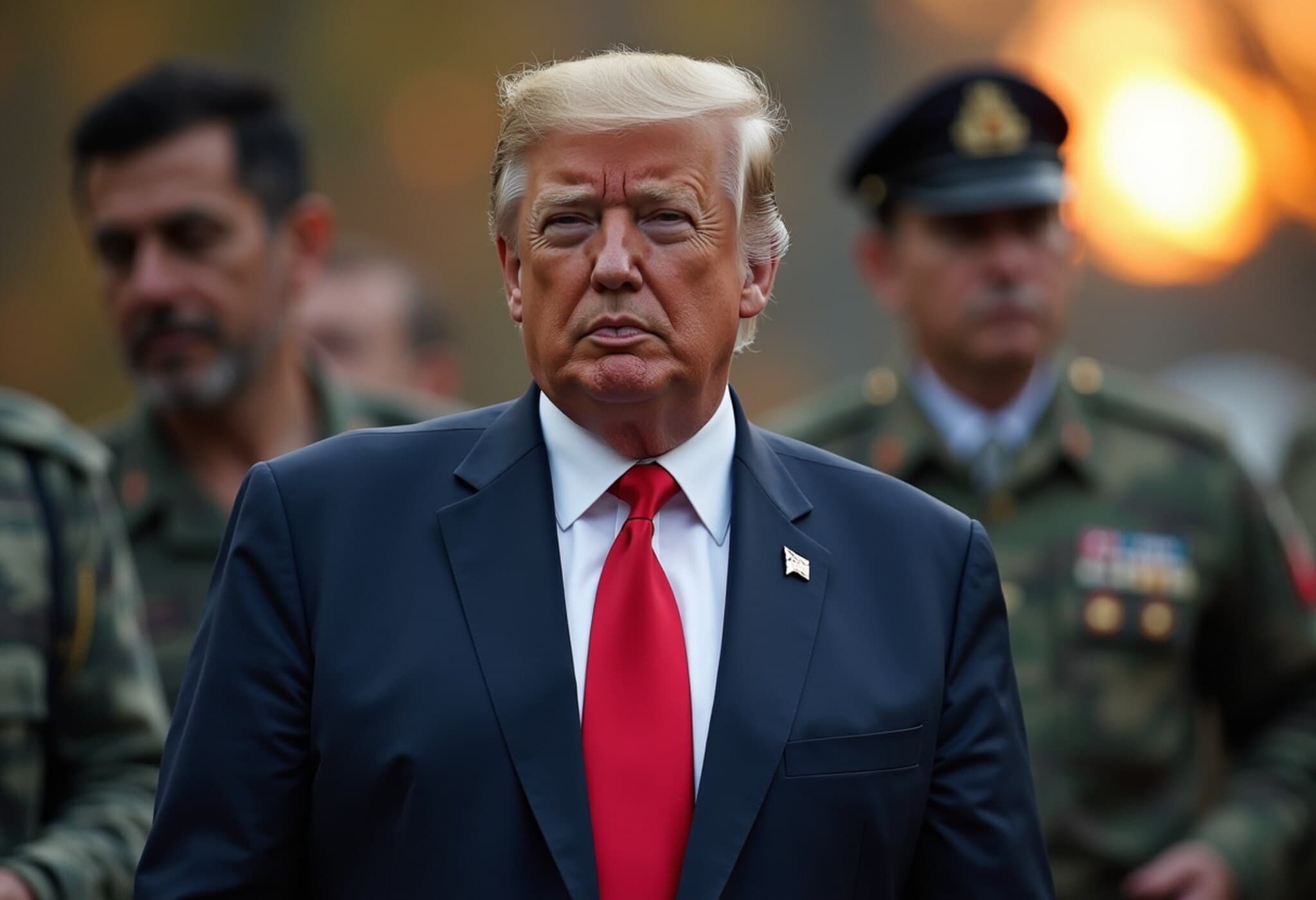Canada-US Trade Tensions Escalate Over New Tariff Hikes
In a surprising turn of events that adds fresh strain to the already tense Canada-US relationship, Canadian Prime Minister Mark Carney expressed his profound disappointment following U.S. President Donald Trump's decision to increase tariffs on Canadian products, raising them from 25% to 35% on goods not covered by the USMCA (United States-Mexico-Canada Agreement).
Tariff Increase Linked to Fentanyl Smuggling Dispute
The Trump administration justified this move partially by citing concerns over Canada’s allegedly insufficient efforts to curb fentanyl smuggling into the United States, a claim that has stirred considerable controversy. Importantly, Canada constitutes roughly 1% of fentanyl imports into the U.S., a figure that experts say challenges the justification. Nevertheless, the U.S. has made it clear that this escalation in tariffs is part of a broader strategy tied to trade and security issues.
Impact on Key Canadian Industries
This new tariff imposition threatens key sectors within Canada's economy. Items like lumber, steel, aluminum, and automobiles are among those bearing the brunt of increased duties. Prime Minister Carney, speaking on social media platform X, assured Canadians that the government would take decisive actions to defend domestic jobs, encourage local purchasing, drive investments to enhance industrial competitiveness, and importantly, work tirelessly to diversify Canadian export markets beyond the United States to limit future vulnerabilities.
Broader Context: The Ongoing Tariff War
This announcement represents the latest chapter in a months-long tariff escalation handshake initiated shortly after President Trump assumed office. Although framed through the lens of narcotics control, economic analysts broadly interpret these tariffs as leverage in a broader protectionist and nationalist agenda.
U.S. policymakers have increasingly used tariffs as tools to force favorable trade terms, protect American manufacturing jobs, and address complex issues like border security. However, such measures also come with fallout, including strained diplomatic ties and disruptions to established supply chains that affect consumers and businesses on both sides of the border.
Expert Insight: Canada's Strategic Response
Trade experts caution that while Canada’s legal and enforcement systems are robust, the government must boost bilateral cooperation on transnational issues like drug trafficking to defuse tensions. Diversifying export markets is crucial to mitigating risk; increased focus on Asia-Pacific partnerships and the European Union could provide Canada with more economic resilience against U.S. trade fluctuations.
Looking Ahead: Navigating a Fragile Trade Landscape
As Canada grapples with these developments, several critical questions emerge: Can negotiations restore trust and lead to tariff reductions? How might this impact North American supply chains and consumer prices? Will this push Canada into accelerated trade diversification?
Ultimately, this episode highlights the complex interplay between trade policy, national security concerns, and international relations. Canadians and Americans alike watch closely as leaders seek a resolution that balances economic interests with cross-border cooperation on pressing challenges.
Editor's Note
The imposition of higher tariffs by the U.S. under the pretext of fentanyl smuggling, despite Canada’s minimal role, underscores the nuanced challenges within North American trade relations. Beyond headline-grabbing protectionism, it poses important questions about how countries manage intertwined issues of trade, security, and diplomacy. This evolving story demands close attention, as its economic ripple effects may shape the future of Canadian exports and bilateral ties with the U.S. The Canadian government’s move to defend its industries while seeking new markets is a strategic pivot reflecting the realities of an unpredictable geopolitical landscape.

